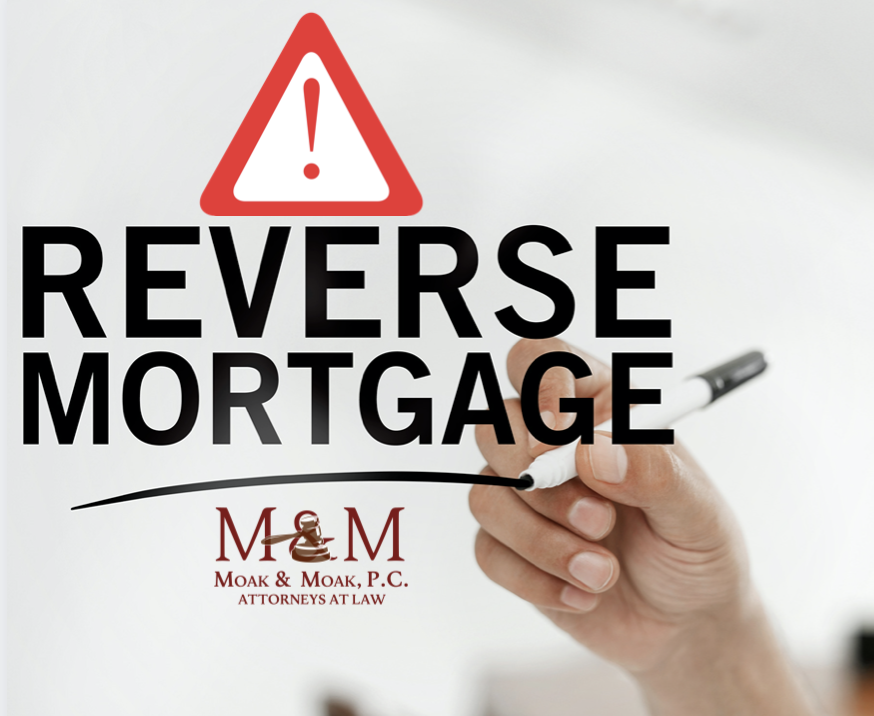While I love Tom Selleck and his Sackett movies, I do not believe he (or anyone in Hollywood) should be giving me financial advice. There is currently a marketing blitz targeting seniors to entice them into reverse mortgages. But, like the old saying goes, “If it sounds to good to be true, it probably is.” Be very careful with reverse mortgages.
Let me explain the term “reverse mortgage.” This is a type of home equity loan now authorized by the Texas Constitution. It allows Texas homeowners, age 62 or older, to borrow against the equity in their homes without having to repay any of the mortgage debt during their lifetimes, so long as they continue to live in their homes and keep their property tax and insurance payments current. The purpose or intent of reverse mortgages is to provide seniors the means to remain in their homes for the rest of their lives by converting their home’s equity into cash that can be used to pay for housing costs, medical care, or other costs of living.
This particular type of home equity loan is called a “reverse mortgage” because payments on the mortgage are said to flow in reverse – from the lender to the homeowner. Unlike a home equity loan under which the homeowner is required to immediately begin repaying the principle loan amount in equal monthly payments that amortize and fully repay the loan by the maturity date, disbursements made to the homeowner under a reverse mortgage simply accrue interest, including interest on interest, until maturity, when the full loan balance of principal and interest is repaid to the lender in a final lump-sum payment. A common misconception about reverse mortgages is that the transaction involves the transfer of title of the home to the mortgage lender in exchange for monthly payments. But, a reverse mortgage is merely a loan secured by a lien on the homestead – just like the lien of a conventional, or “forward,” mortgage.
The closing costs are similar but comparatively higher than imposed for a conventional mortgage. FHA insured HECM program reverse mortgages, for example, which account for 90 percent of all reverse mortgages made nationwide, provide for a 2 percent loan origination fee payable to the mortgage lender, an up-front 2 percent FHA mortgage insurance premium (MIP) and a continuing annual 0.5 percent MIP premium factored into the monthly interest rate, and servicing fees of $35 per month set aside for payment to the loan servicer over the term of the loan. Other fees and charges are comparable to other mortgage loans.
A reverse mortgage is a non-recourse loan; homeowners have no personal liability for repaying the loan. Homeowners are not required to make any repayments during the term of the loan, and the full loan amount owed, including all amounts advanced and accrued interest (including interest on interest), is typically repaid from the sales proceeds when the homestead property is sold by the borrower or by the borrower’s estate after the borrower, or the last of the borrowers, dies. When a reverse mortgage becomes due, the lender or note-holder must look solely to recovery against the homestead property under its mortgage as its exclusive remedy. It is important to understand the homestead will have to be sold or the borrower’s heirs repay the loan out of the estate’s other assets if the borrower’s family wants to keep the homestead.
Economic experts are warning that reverse mortgages could be the next big mortgage bust. A reverse mortgage could force the sale of the homestead for repayment. Therefore anyone seeking to obtain a reverse mortgage should consult with their estate planning attorney. In the meantime, do your research (Mr. Selleck is NOT a good investor himself) or look for a copy of the October 2009 issue of Consumer Reports and read their article on reverse mortgages.
Sam A. Moak is an attorney with the Huntsville law firm of Moak & Moak, P.C. He is licensed to practice in all fields of law by the Supreme Court of Texas, is a Member of the State Bar College, and is a member of the Real Estate, Probate and Trust Law Section of the State Bar of Texas. www.moakandmoak.com

